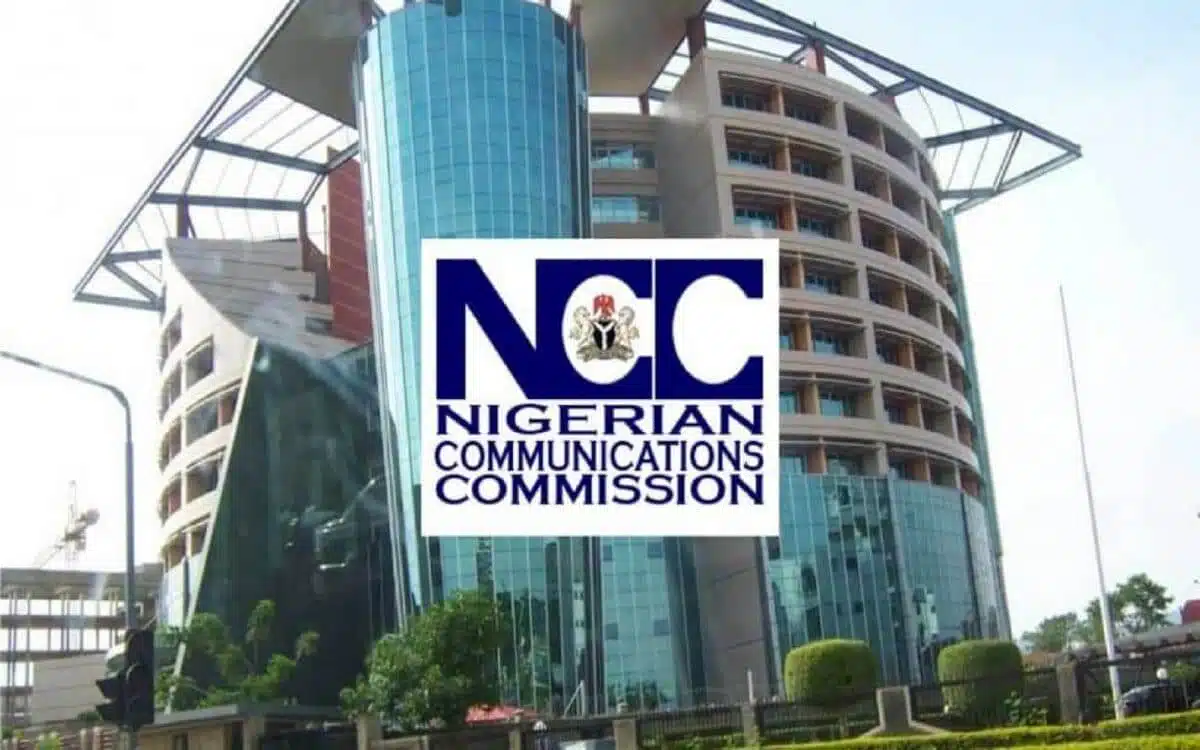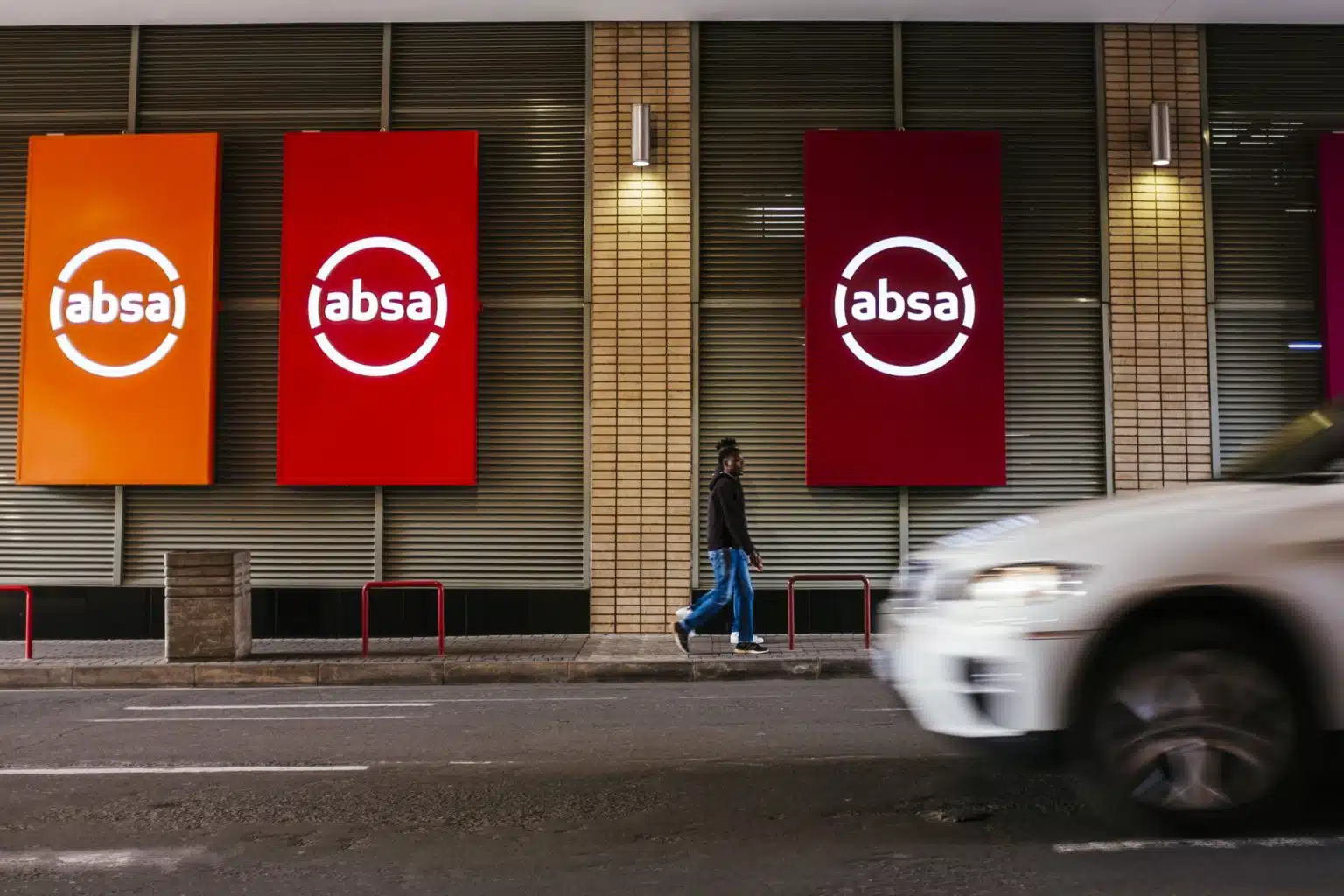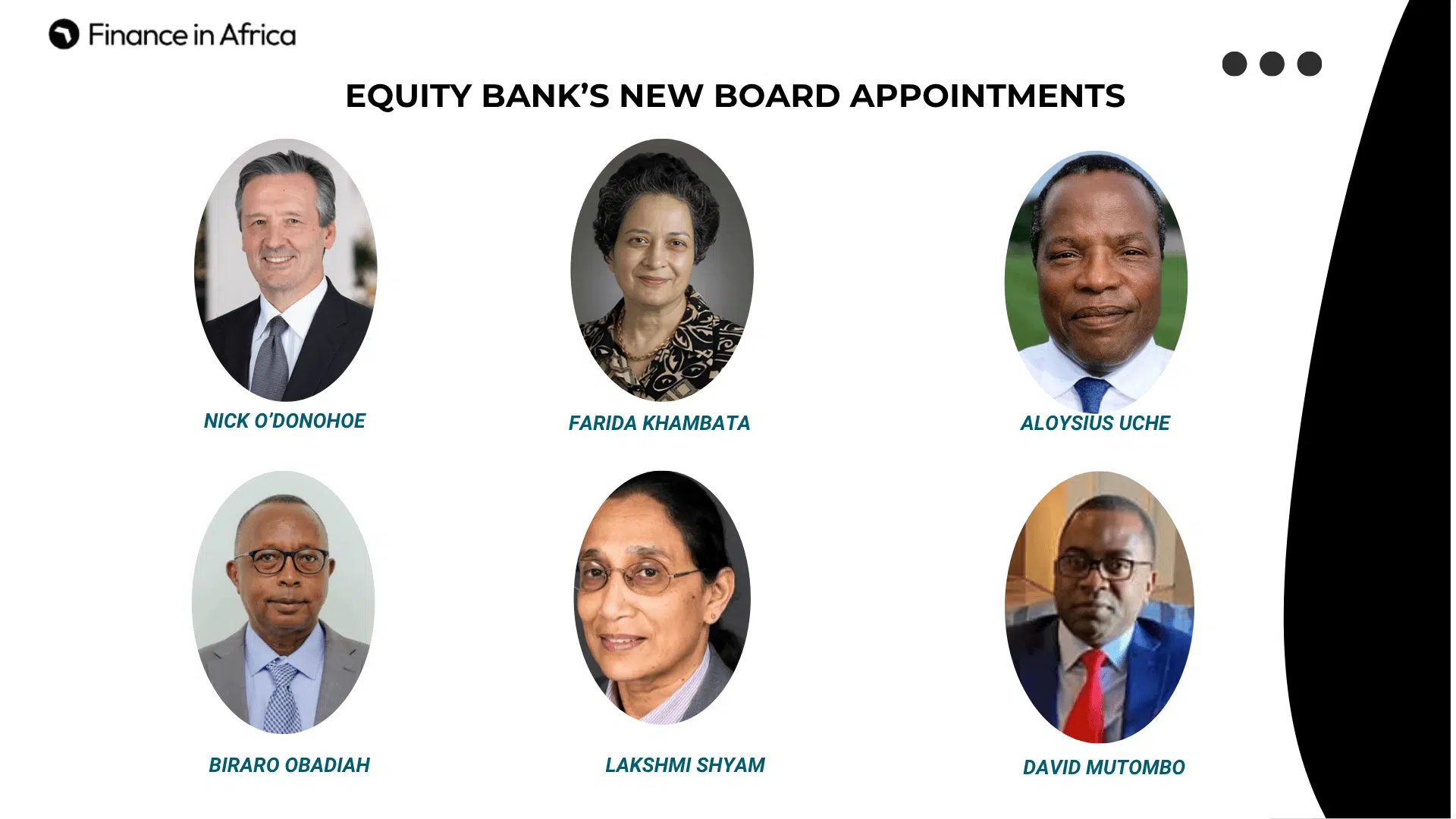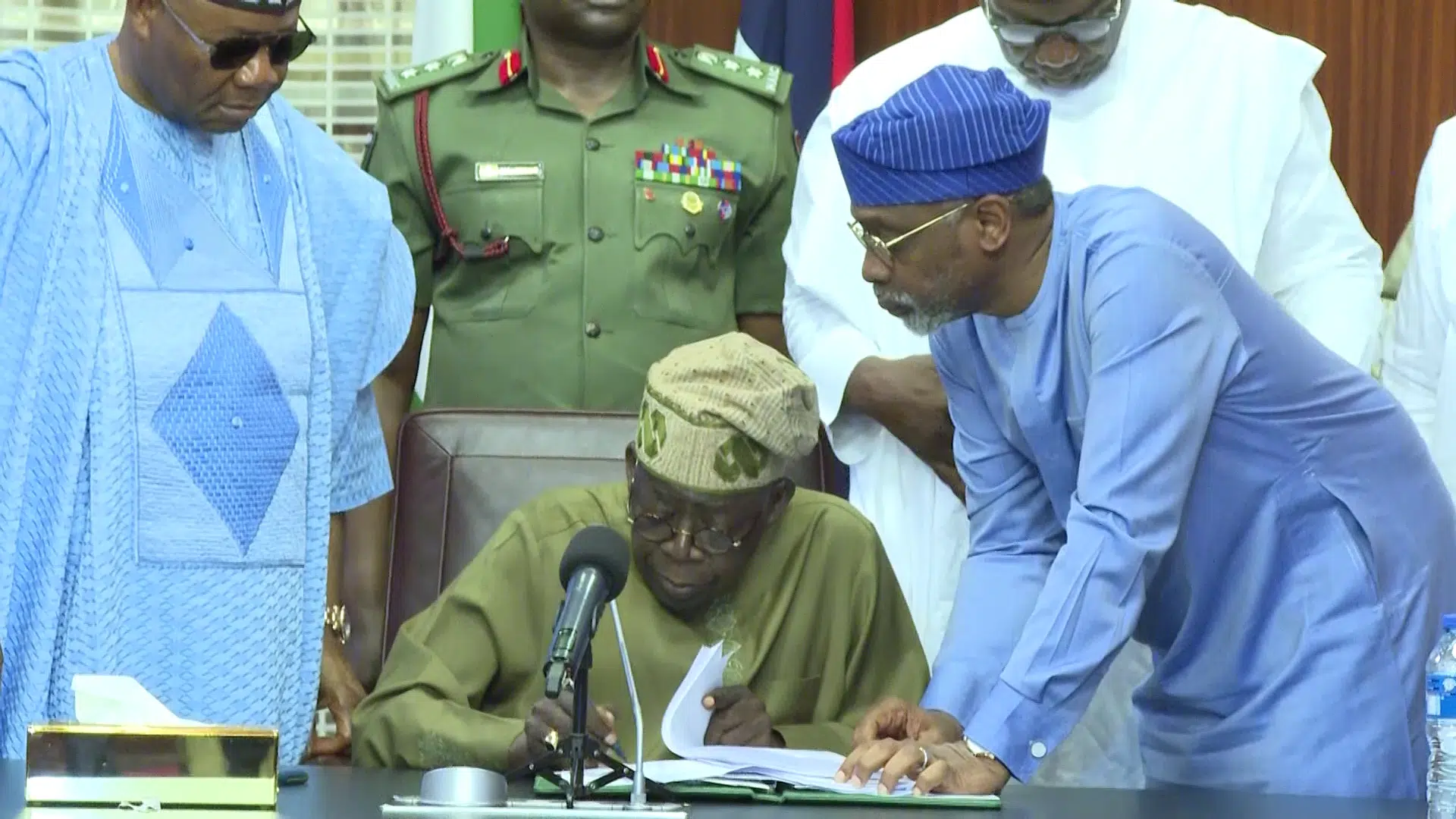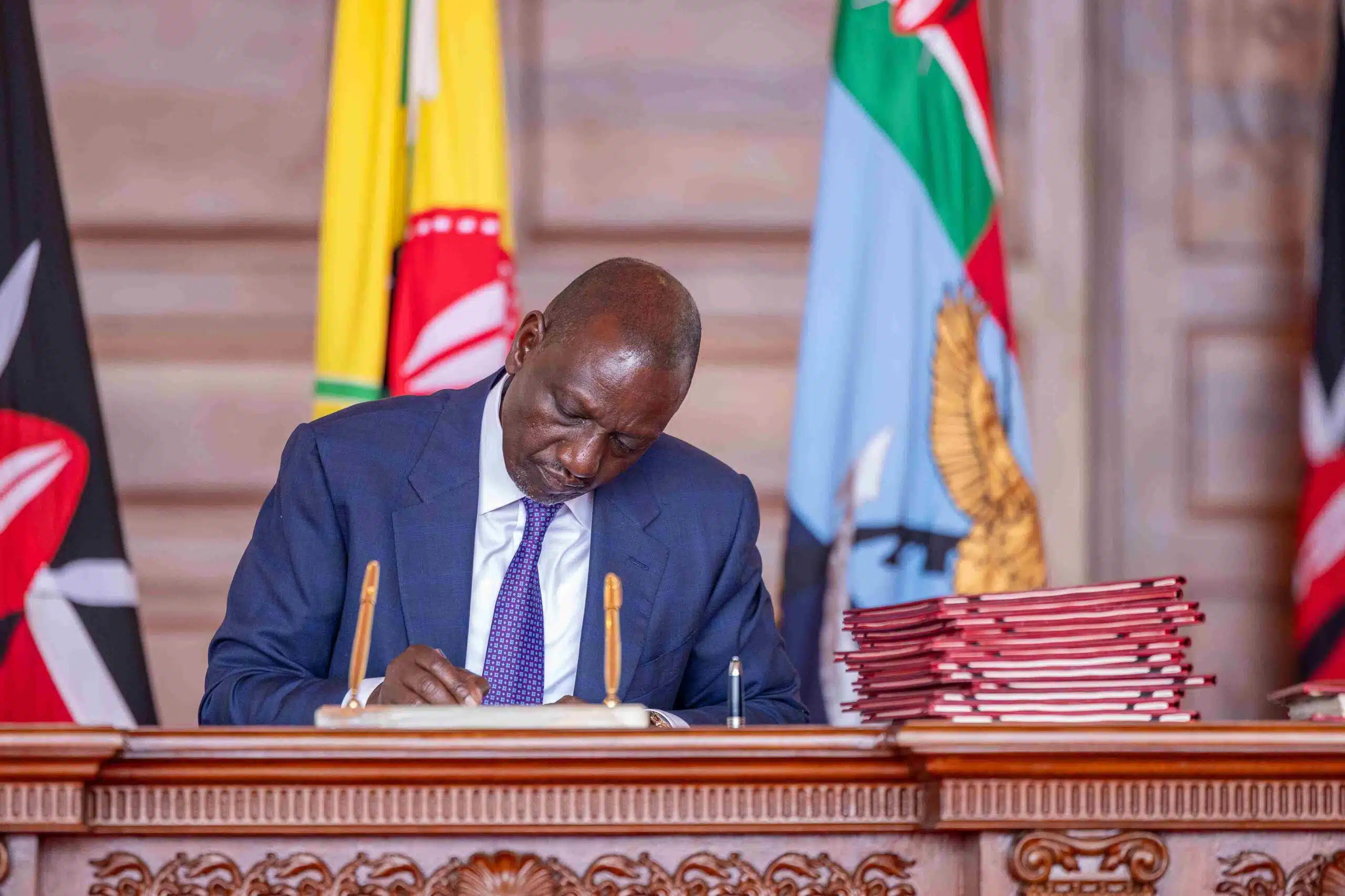Nine Nigerian banks are at risk of losing a chunk of their customers following the Nigerian Communications Commission (NCC) approval for the disconnection of the Unstructured Supplementary Service Data (USSD) of the affected banks. This follows from their non-compliance with NCC’s joint directive with the CBN, ordering them to pay off their long-standing debts to telecoms providers – Globacom, MTN, Airtel, and 9Mobile.
This approval was announced in a statement released by the Director of Public Affairs for the Nigerian Communications Commission, Reuben Muoka, who noted that the disconnection will take effect from Friday, 27th January 2025.
The affected banks include FCMB, Zenith Bank, Sterling Bank, Jaiz Bank, UBA, Polaris Bank, Unity Bank, Fidelity Bank, and Wema Bank.
How profitable USSD is for banks
Between January to June 2024, 252.06 million transactions, amounting to ₦2.19 trillion, were carried out using USSD. This figure in the first half of 2024 represented a significant increase from the figure recorded for the entire year 2023 where a total of ₦4.84 trillion was transacted via USSD codes across 630.6 million transactions.
In 2023, an estimated 17.3 million Nigerians used USSD to process their payments. By simply dialling the bank code on their mobile phones, bank customers can open accounts and carry out bank transactions without having to be physically present in the bank or even use banking apps.
This approach to banking has been very instrumental to the increase in banks’ patronage across the country, especially as the banks could acquire customers in rural areas in Nigeria where there are no physical bank branches. Thus, deepening financial inclusion within the country.
The USSD platform relies solely on the infrastructure provided by telecom companies rather than bank apps which are not compatible with some phones used in Nigeria.
Upon disconnection, customers of the affected banks will not be able to carry out financial transactions using their bank’s USSD code. The NCC also noted that it will recover such codes and may reassign them to other applicants by the applicable instruments.
Banks were to remit ₦6.98 per transaction to the telecom operators from the total amount charged for every financial transaction carried out on the USSD platform. However, the banks have refused to honour their contractual obligations to the telecoms since 2019, resulting in an elongated battle between both parties.
As of November 2024, the amount banks owed the telecoms for the USSD platform stood at over N160 billion, even after some banks paid off their debts. Previous attempts have been made to appeal to banks to lay up their debts to the telecoms but the pleas were met with non-compliance.
In December 2024, the NCC and CBN jointly released a circular, ordering indebted banks to pay up their debts. The banks could either pay their debts once or through an agreed repayment plan.
Only 9 of the 18 affected banks complied with the circular, thus leaving the remaining 9 to risk disconnection.
The disconnection would adversely affect both banks and their customers. While customers may not be able to carry out transactions without going to the physical bank branches using using an app (if they can), affected banks stand the chance of losing their customers who cannot access their accounts to carry out transactions, except through the USSD codes.

